

A leader with the Sustainable Packaging Coalition compares and contrasts the first two U.S. state EPR laws. | KWJPHOTOART / Shutterstock
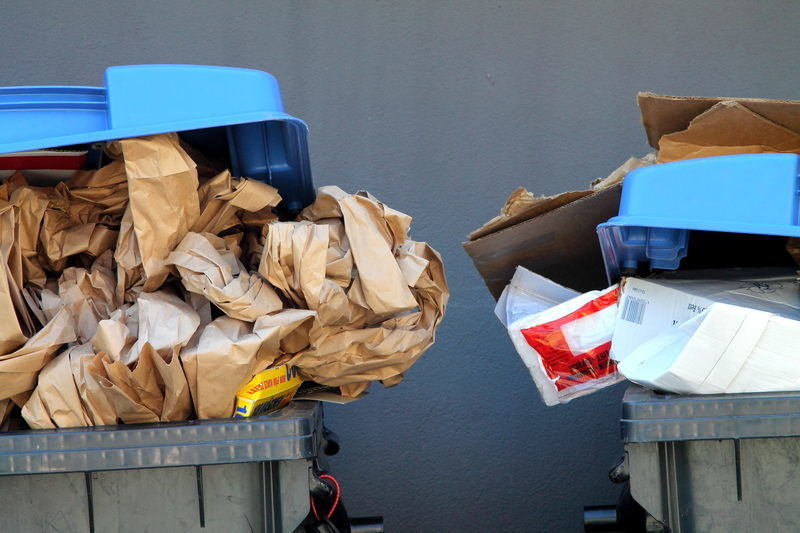
Stewardship Ontario reported 729,906 metric tons of recyclables were collected in 2019, representing a 57.3% recycling rate.| keikona / Shutterstock
Stewardship Ontario, which helps fund that province’s residential recycling program, reported a lower recycling rate for 2019 than the year before. Less newsprint entering the recycling stream drove the decrease.
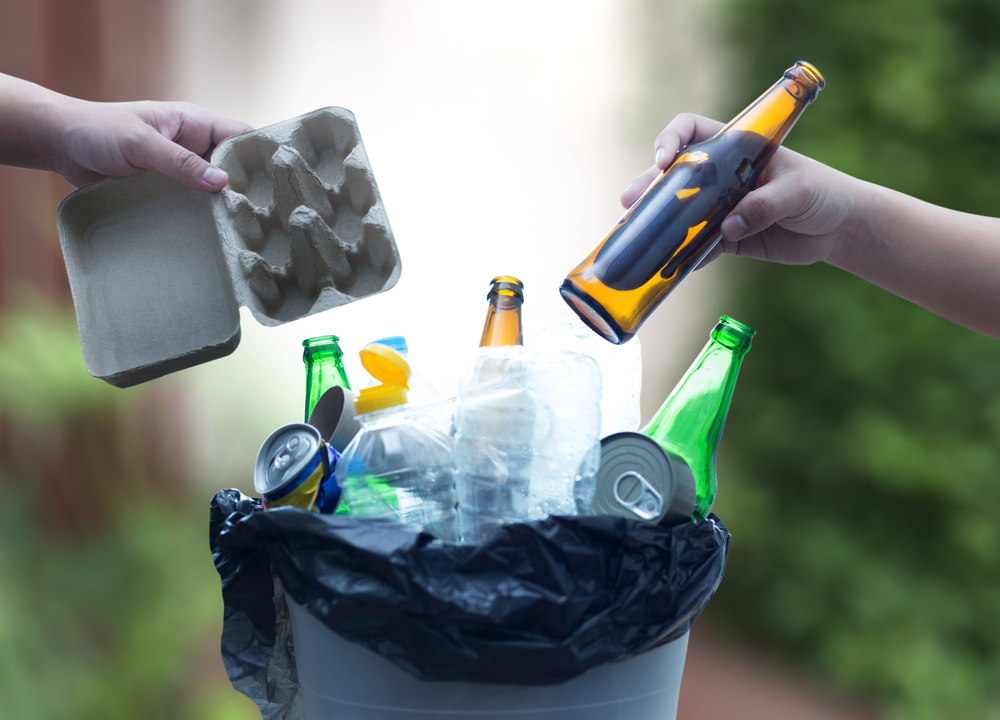
Recycle Hawaii’s executive director suggests “transitional EPR” as a way to find consensus among stakeholders. | One Photo / Shutterstock
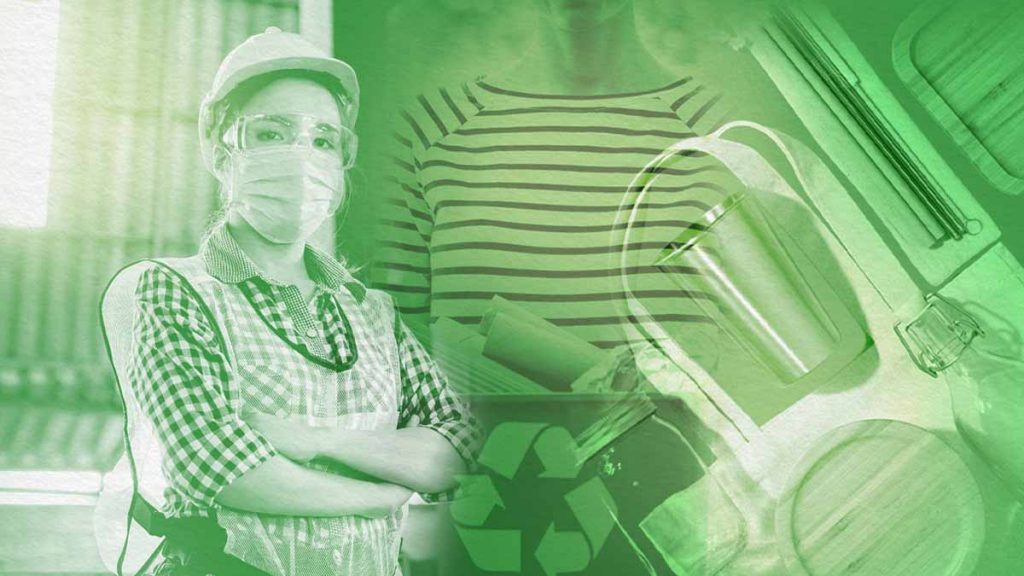
In this monthly series, we spotlight women moving us toward a circular economy.
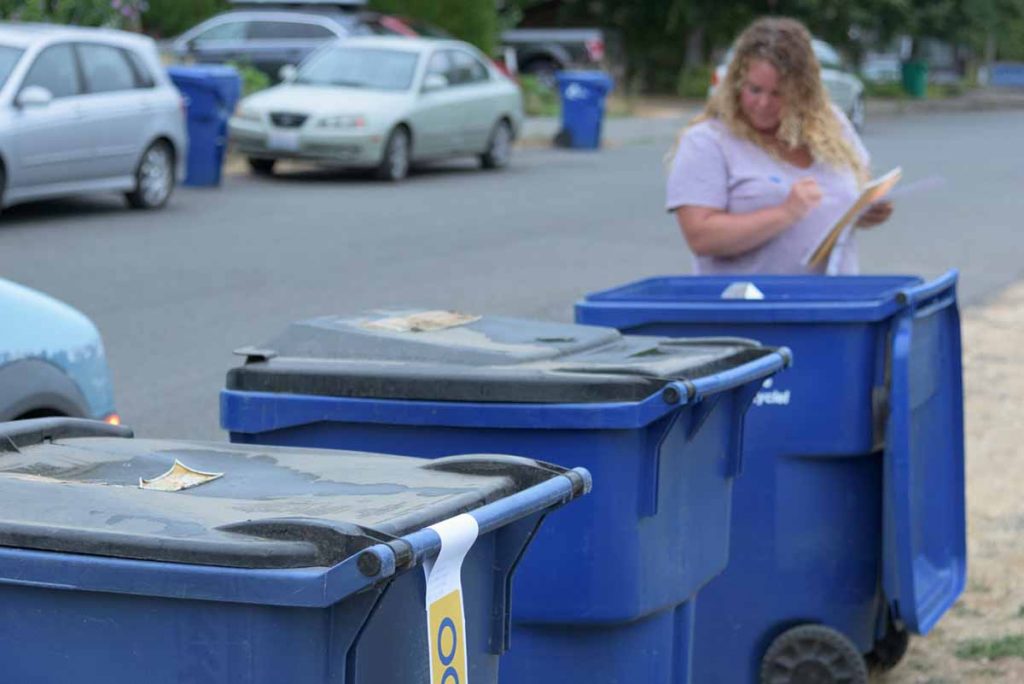
Olympia, Wash. is one of many communities implementing recycling contamination checks at the curb. | Courtesy of city of Olympia
Facing ever-increasing pressure to deliver a cleaner stream to processors, cities across North America are turning to curbside inspection of residential carts. Many are seeing positive results from the efforts.
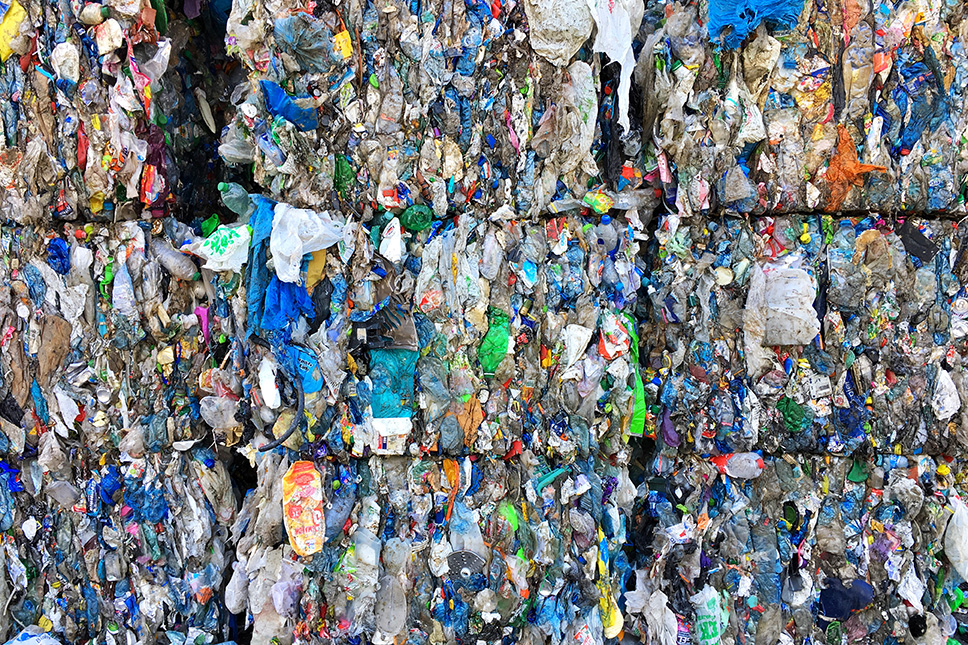
Google’s report noted headwinds to plastics recovery including unfavorable economics for recycled resins compared with virgin resins. | maciej nicgorski / Shutterstock
A report from Google lays out how mechanical and chemical recycling, a virgin plastic production tax, consumer incentives and more can increase plastics recovery over the next two decades.

The American Beverage Association, Ohio Beverage Association and investment firm Closed Loop Partners announced their combined $5 million investment in Evergreen’s Ohio expansion. | Takorn / Shutterstock
Beverage giants and an investment firm are putting millions of dollars behind PET reclaimer Evergreen.
